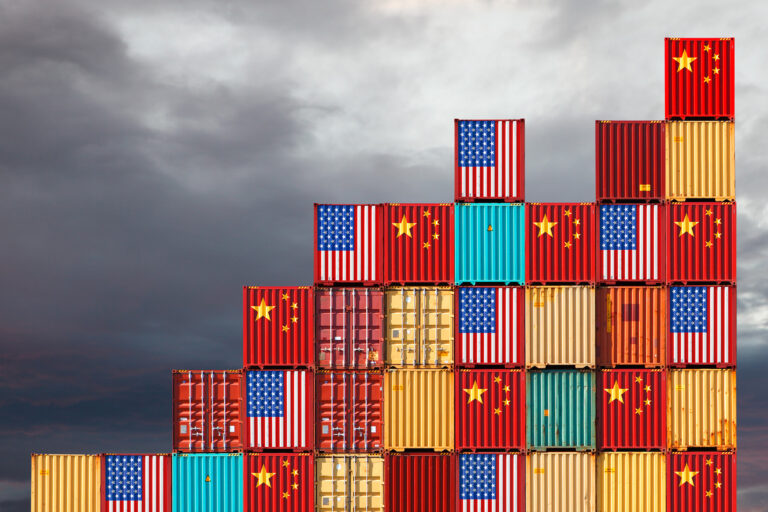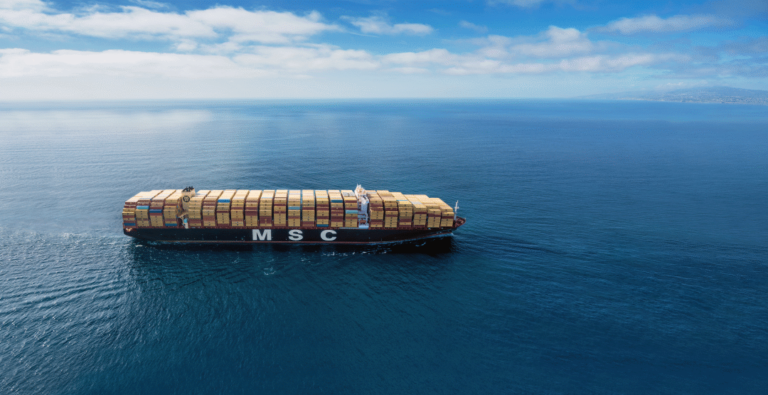Canada’s rail disruptions increase port pressures
Recent wildfires in North America have not only threatened ecosystems and public safety but also delivered an unprecedented shock to the global supply chain. According to the latest reports, the extreme wildfire event in Jasper, Alberta, has caused significant personal and property losses. This event has also directly led to the suspension of Canadian National Railway’s (CN) mainline services, profoundly impacting international trade that relies on rail transportation.

Rail disruptions have hindered logistics
The wildfire in Jasper has disrupted Canada’s and North America’s logistics networks like a bombshell. As a crucial corridor connecting key hubs like the Port of Vancouver, the suspension of CN Railway’s mainline services has directly obstructed the flow of goods in and out of the Port of Vancouver.
Although the line has partially resumed operations after emergency repairs, it will take time to clear the backlog of goods and trains, adding further uncertainty to an already strained supply chain.
Port Pressures Mount as Ship Delays Become the Norm
The Port of Vancouver, a crucial logistics hub on the North American West Coast, is facing unprecedented challenges. Although the port itself wasn’t directly affected by the wildfires, the disruption in rail services has triggered a cascading effect.
Ships are experiencing longer wait times at the port, and the demand for anchorage has surged. These issues indicate that the Port of Vancouver’s operational efficiency will be significantly compromised for the foreseeable future. For businesses relying on this port for international trade, this means increased operational costs and the potential for severe delivery delays.
Strike Threat Adds Another Layer of Uncertainty
As the industry grapples with the challenges brought by the wildfires, there is also the looming threat of a strike at Canada’s West Coast ports. If members of the International Longshore and Warehouse Union (ILWU) vote in favor of a strike, the ports in British Columbia would come to a standstill, further exacerbating the fragile supply chain.
A strike would not only worsen port congestion but could also trigger a ripple effect across the global logistics market, having far-reaching impacts on the global economy.
Coping Strategies: Diversification and Flexibility
Facing the dual challenges of wildfires and potential strikes,International trade companies need to adopt more diversified and flexible response strategies.
On one hand, seeking alternative transportation modes such as sea and air freight can help spread transportation risks. On the other hand, strengthening communication and cooperation with logistics partners is crucial for jointly developing contingency plans, ensuring a quick response, and adjusting logistics plans when unexpected events occur.
Moreover, businesses should enhance their ability to monitor and assess supply chain risks to promptly identify and address potential issues.





